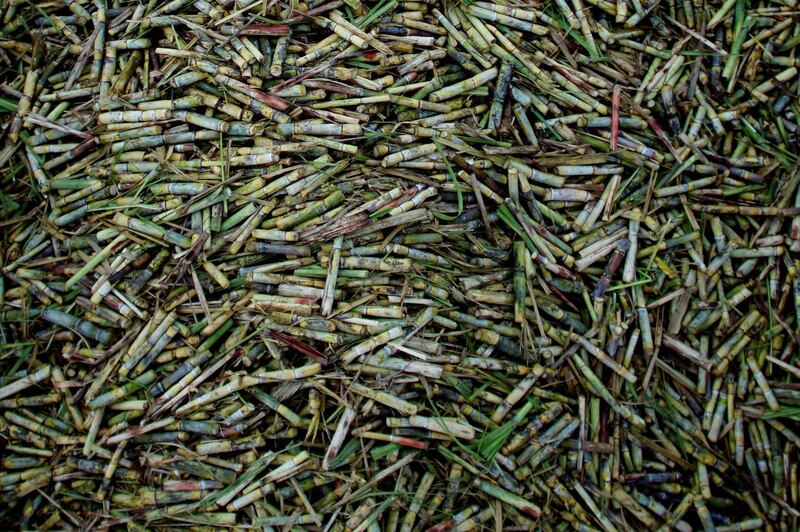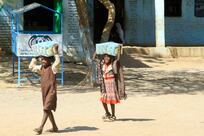The sugar deficit in Africa will widen in the coming months as low global prices, loss of the European Union (EU) market and disappointing growth in regional consumption offer few incentives to investors, according to a new report on the outlook for agribusiness in the Middle East and Africa.
“Governments of sugar-producing countries will, instead, focus on protecting their small internal markets from import competition. We forecast shrinking surpluses and increasing deficits in sugar for most Sub-Saharan countries over a three-year horizon, said Fitch Solutions in a report published on Wednesday.
Ethiopia is the only exception to this trend and it is expected to become a major sugar exporter over a five-year horizon to 2022.
“Those with the most exposure to the European market, and limited growth opportunities at home, are forecast to be worse affected,” said the report, adding that this includes Mozambique, Zimbabwe and Swaziland.
Africa has the largest amount of uncultivated land in the world. An estimated 201 million hectares of land is potentially available across sub-Saharan Africa, representing 60 per cent of the world’s total, according to Fischer and Shah figures cited by the World Bank.
This abundance of uncultivated land is far higher than the estimated 120 million hectares available in Latin America, in second position. Africa therefore remains the last frontier for crop production.
____________
Read more:
Quick take: Why is African agribusiness luring GCC investors?
UAE reaches out to Iraq to counter Iranian influence in the Levant
____________
The report also forecast that smuggling will remain a major concern in a bid to regulate global cocoa production levels and a ‘cocoa cartel’ will have a limited impact. Ghana and Côte d'Ivoire created an alliance to control cocoa prices and other marketing and industry activities.
“Though the countries’ (Ghana and Côte d'Ivoire) influence on global supply and international trade is substantial, various structural barriers will inhibit their ability to manipulate the cocoa market,” stated the report.
Ghana and Côte d'Ivoire export cocoa beans which are shipped elsewhere for processing, operate different marketing systems, consist of widely dispersed scattered smallholder farms, and have a limited infrastructure, making coordination difficult.
“Local cocoa producers will therefore still be vulnerable to international price volatility,” said the report.
Investors from the Middle East have been tempted by African agribusiness for years, and a report by real estate consultancy Knight Frank, released in October 2018, suggests demand is growing. GCC agricultural investors are increasingly driven by the prospect of reaping good returns.
Moreover, the region’s desert climate, limited arable land and water scarcity have resulted in high dependency on food imports – in the UAE, African imports totaled $21 billion in 2017, up 170 per cent since 2010.







